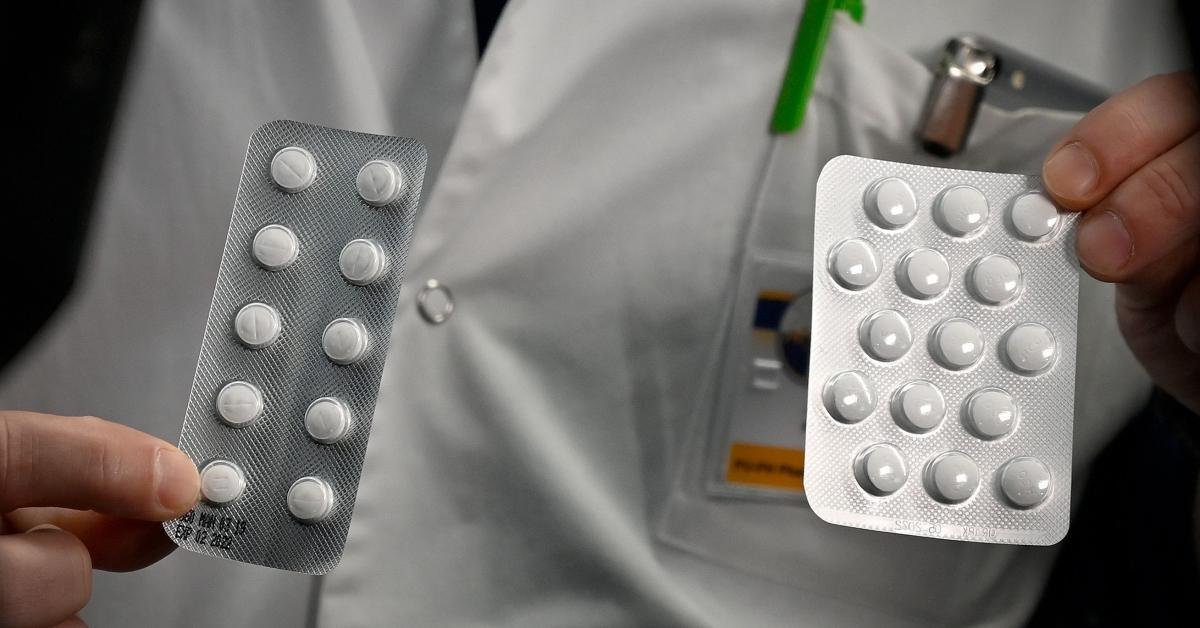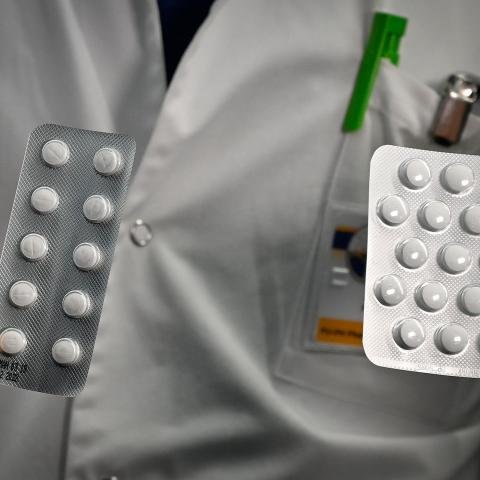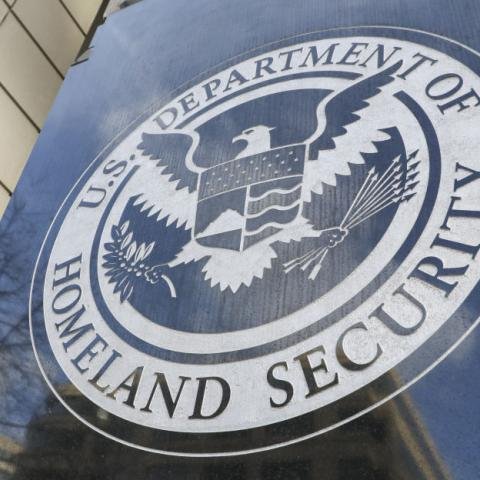
As the U.S. gets most of its pharmaceutical ingredients from China and India, the Trump administration has been taking steps to bring back pharmaceutical manufacturing to the U.S. in order to break the U.S.’ dependency on foreign countries.
Health and Human Services Deputy Assistant Secretary for Preparedness and Response John Knox said last month that 70% of active pharmaceutical ingredients (APIs) and key materials are manufactured in China and India. He also said that about 90% of antibiotics are manufactured in China.
Innovative solutions to the insecure supply chain
“Just the News, No Noise” host John Solomon asked Knox on Friday about potential innovative solutions where generic drugs can be produced in something like a one-room factory in the U.S.
“I think that’s really crucial when we look at onshoring medications,” Knox said on the TV show. “We here in the United States have a completely different labor force than what they do in China and India.”
Knox explained that “We don’t have slave labor here and competing at those levels with huge bulk factories..we don’t have the capacity or the ability to do that. So we have to look at new and innovative ways like you mentioned, on how to strategically come up with ways to make things simpler and faster.”
He said that there are a lot of benefits to the private and public sector working together on a matter like this.
“We can do 3D printing of medications and pill form we have,” Knox said. “We’re working on projects where we don’t have to have the key starting materials. It completely bypasses that to make the active pharmaceutical ingredient. So we’re looking at ways of how we can jump ahead of the curve using technology.”
Last month, President Donald Trump signed an executive order to fill up the Strategic Active Pharmaceutical Ingredients Reserve (SAPIR) with critical drug components in order to ensure a secure domestic supply chain for critical medications.
“Restoring capacity for domestic production of essential pharmaceutical products is essential to safeguarding national health and security against global supply chain disruptions,” the White House said in a statement.
Rep. Miller-Meeks: Tax incentives, re-evaluate the FTC and the U.S. supply chain
There are also incentives in the recently passed “one big beautiful bill” that created tax incentives to get the process rolling for having APIs made in the U.S.
Rep. Mariannette Miller-Meeks, R-Calif., said on the “Just the News, No Noise” TV show that it is also important to evaluate the Federal Trade Commission and their role in drug manufacturing in the U.S.
“We have to make sure that the FTC does its job, and when there’s too much vertical integration, it ends competition,” she said. “That’s where the FTC needs to step in. When you have consolidation in a marketplace, you don’t have competition that helps bring down costs.”
Miller-Meeks said that the entire supply chain also has to be evaluated to ensure Americans get pharmaceutical drugs at a good price.
“Thirdly is the work that we’re doing on pharmacy benefit managers and looking at the entire supply chain, looking at this opaque middleman and helping to bring supply costs down,” she said. “But it also helps support the pharmaceutical industry, including generic pharmaceuticals.”




